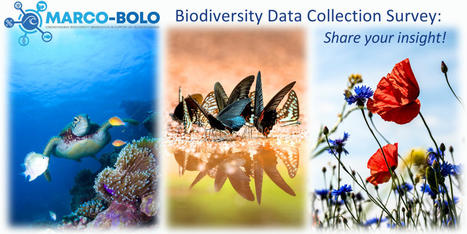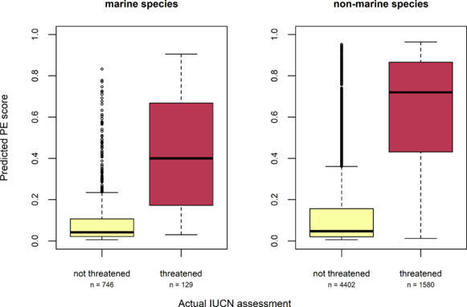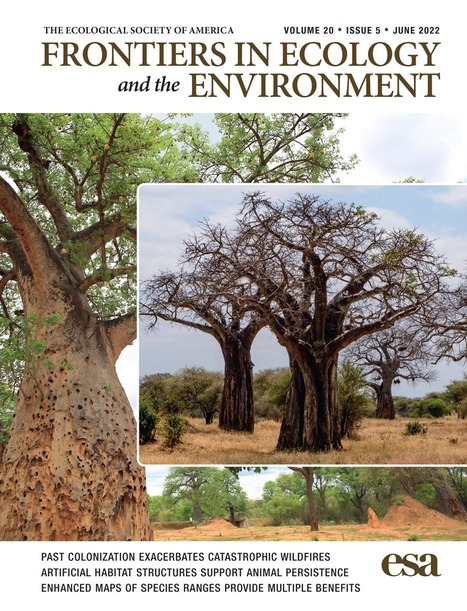Cette enquête fait partie du projet MARCO-BOLO visant à renforcer l’apport de la surveillance de la biodiversité pour les décisions à l’intérieur et au-delà de l’UE et de ses Etats-membres.
Nous souhaitons comprendre les données dont ont besoin les différentes personnes travaillant dans la conservation et la gestion durable de la biodiversité.
Research and publish the best content.
Get Started for FREE
Sign up with Facebook Sign up with X
I don't have a Facebook or a X account
Already have an account: Login
Revue de presse et du net par le Pôle de partage des connaissances S&T de l'Office français de la biodiversité
Curated by
DocBiodiv
 Your new post is loading... Your new post is loading...
 Your new post is loading... Your new post is loading...
|
|













Participer à l'enquête évaluant les données sur la biodiversité et les besoins de surveillance dans l'UE. 25 questions, 10-12 minutes https://univiepsy.qualtrics.com/jfe/form/SV_ebx6gEgncmv8AKyhttps://marcobolo-project.eu/cop-survey/